Baptism of Jesus, Catacomb of Saint Callistus, Rome, c. 250 A.D.
An excerpt from the book Come and See
Baptism is the entryway into the New Covenant, just as circumcision was to the Old. Paul, in fact, describes Baptism as the fulfillment of circumcision (cf. Col. 2:11-12). Circumcision was an external marking of the body indicating one’s belonging to God. Baptism is an inner, spiritual marking consecrating the soul to Him more completely — the protective “seal” upon the foreheads of God’s servants spoken of in Revelation (cf. 7:3).
In the Gospels, Jesus Himself condescends to be baptized by John, not for the forgiveness of His own sins, for as the Son of God He is without sin by nature (cf. Heb. 4:15), but to bestow upon the waters the power to eradicate the sins of those who will follow after Him — to baptize the waters for us, so to speak.
We must undergo this transformative rite in order to belong to God because we do not become His children merely by natural birth. In the wake of the Fall, we are conceived in a state of separation from Him and so must experience a spiritual rebirth to become His sons and daughters. According to the Bible, this rebirth occurs in Baptism. “Truly, truly, I say to you,” declares Jesus, “unless one is born of water and the Spirit, he cannot enter the kingdom of God” (John 3:5; cf. Titus 3:5).
When the people at Pentecost ask Peter what they need to do to be saved, he answers, “Repent, and be baptized every one of you in the name of Jesus Christ for the forgiveness of your sins; and you shall receive the gift of the Holy Spirit” (Acts 2:38). Years later, comparing the waters of Baptism to the cleansing waters of the flood in the time of Noah, the Apostle states, “Baptism, which corresponds to this, now saves you” (1 Pet. 3:21). Baptism saves us because it is supernaturally connected to Christ’s death and Resurrection, such that the merits of His saving act are applied to us through the sacrament (cf. Rom. 6:3ff.). “You were washed, you were sanctified, you were justified in the name of the Lord Jesus Christ and in the Spirit of our God,” wrote Paul (1 Cor. 6:11).
Turning to the Early Church Fathers, we see that Saint Justin the Martyr, writing to the Emperor Antoninus Pius in about the year 150 to dispel myths about Christianity, affirms belief in baptismal rebirth. Describing the process by which new converts come into the Church, he writes,
They are led by us to a place where there is water; and there they are reborn in the same kind of rebirth in which we ourselves were reborn: in the name of God, the Lord and Father of all, and of our Savior, Jesus Christ, and of the Holy Spirit (cf. Matt. 28:19), they receive the washing with water. For Christ said, “Unless you be reborn, you shall not enter into the kingdom of heaven” (John 3:3) (First Apology 61).

